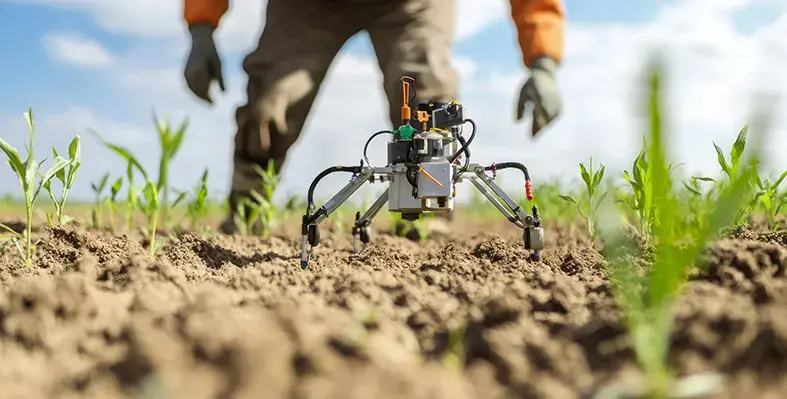Recently, the Meteorological Services Department of Zimbabwe (MSD), in partnership with Safe4All Africa and the Zimbabwe Farmers’ Union (ZFU), hosted a five-day workshop to address climate change and food insecurity challenges across Africa
Held in the wake of new weather station installations in Mashonaland East, the event brought together meteorologists, journalists, civil society groups, farmers, and other stakeholders for a focused dialogue on climate adaptation and early warning systems.
The workshop was a collaborative platform to share knowledge, promote climate-smart agricultural practices, and scale innovative technologies that enhance community resilience. Safe4All Africa, a non-governmental organisation founded in January 2024 and operating in Zimbabwe, Kenya, and Ghana, showcased several digital tools designed to help smallholder farmers manage climate risks.
Among the tools introduced were the Uliza-WI Chatbox, an AI chatbot providing localised forecasts and real-time farming advice; the Drop App, which tracks rainfall and sends drought alerts; the Climate Impact Atlas, an interactive platform highlighting high-risk climate zones; and a 24/7 Call Center Line, offering voice-based weather updates and expert support for farmers with limited internet access.
With Africa warming nearly twice the global average, and Zimbabwe increasingly vulnerable to droughts and shifting seasonal patterns, such innovations are crucial. Over 60% of Zimbabwe’s population relies on agriculture, making access to timely, localized climate data vital for national food security.
The Zimbabwe Farmers’ Union played a key role in ensuring farmer participation and emphasised the importance of local engagement. “We believe that technology must be rooted in local realities,” said Prince Kuipa, ZFU Operations Director. “By working closely with government agencies and tech innovators, we can ensure that smallholder farmers don’t get left behind in the climate conversation.”
MSD reaffirmed its commitment to expanding localized forecasting and early warning systems. These efforts align with Zimbabwe’s National Adaptation Plan and Vision 2030, the country’s strategy to achieve upper-middle-income status by the end of the decade.
The workshop concluded with a strong call for cross-sector collaboration to build inclusive, tech-enabled climate services that protect people and the planet.




